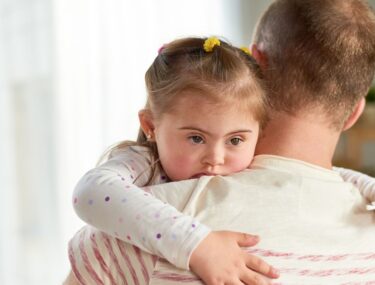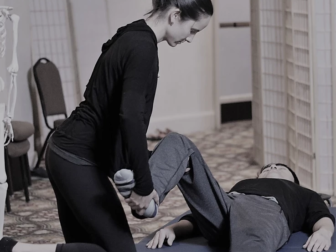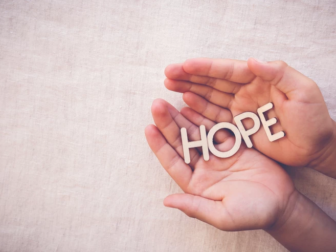In a society where our children are judged and where limitations are projected onto them before they even get a chance to try, it is essential that parents educate themselves and become empowered to advocate for their children.
I was once interviewed to discuss ways that parents of typical developing children could speak to their kids about disabilities and special needs. The interviewer shared that most parents told their children they should be grateful not to have to suffer like our children with disabilities, in essence, using them to help their children be more thankful for their ability to thrive and excel in the external world – I was stunned.
At the time of the interview, she shared that a friend admitted to her that she and her twin daughters had come across a boy in a wheelchair in a park, at which point her friend told her daughters that they should feel lucky to be able to walk, using the boy in a wheelchair as an example of something undesirable. It occurred to me that this was where conditioning about the value of children with special needs began. This was a perfect example of the kind of message that goes against inclusion and the celebration of differences; in fact, it further degrades our children with special needs as lesser than. Instead of pointing out the obvious flaw, placing judgment and projections on another, and using comparison as a measure of a person’s worth, this parent could have jumped on the opportunity to teach her daughters about the richness of a person's inner world, empathy, compassion, acceptance, and inclusion.
The level of unconsciousness demonstrated here is one that occurs on a daily basis, in the homes of regular families, and is the reason why parents and professionals need to advocate for children with different abilities. The woman who interviewed me that day was a lovely, kind, caring, educated and accomplished reporter, as was her friend – but neither had been exposed to children with different abilities and neither had been shown a different way of perceiving them. I couldn’t fault her, or her friend, I could only be grateful for her desire to write a story about it as a way to educate herself, and others.
We live in a world, where people are uninformed and uninterested in what is possible for our children with special needs; they have become attached to a belief system that was imposed on them only because there was never a reason to question it. It is only when we become a parent to a child with special needs, or when we are exposed to children with different abilities, either within our family, or in our profession, that we are given an opportunity to open our eyes to a different perspective.
Until I had a daughter with special needs, I perceived caring for a dependent child as something next to impossible, given my busy lifestyle. I remember watching a show on Home and Garden Television (HGTV) where a contractor was making adaptations to a special needs family’s home – as the contactor unveiled the final product, I thought, “I don’t know how they do it, I could never have that life”, and yet today, not only do I do it and have that life, but I do it with love and gratitude and have found meaning in a life that was once empty and superficial. Like the reporter, I had never been exposed to children with different abilities growing up, nor was I exposed to them as a young adult, it was through my own experience as a parent and then as a practitioner working with children that I was able to shift my perspective and open my eyes to their innate qualities, gifts and individuality. They inner magnificence and pure light.
A change in collective belief systems is possible. A shift in perspective is available to humanity. However, for change to occur, we must educate and advocate, whether it is for our children in the school system, among friends and family, or among larger communities. Our message is important. Each person and each journey having its place, contributing to something bigger.
Every child’s potential is innate – it is already theirs for the taking. What is needed is an environment that sees our children and allows them to bloom into who they are meant to be in this life. Whatever that may look like. Everyone has a place and a purpose.
Advocating for our children with different abilities is not an option, it is mandatory for their growth and development. It is mandatory for human evolution.





